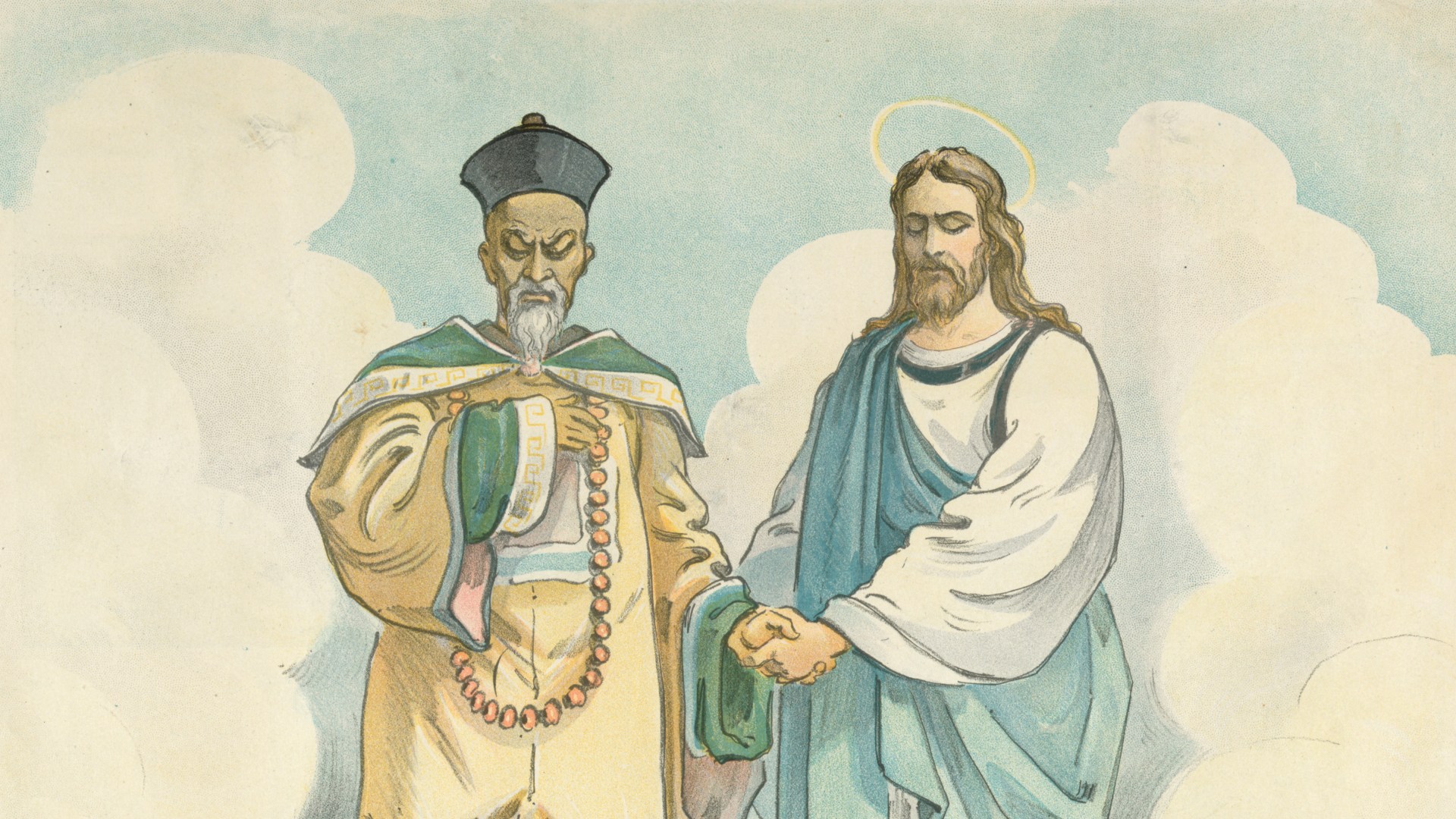The hometown of ancient philosopher Confucius was a surprising place to build a multimillion-dollar megachurch. Yet local leaders hoped Qufu's first official church would integrate Christianity into Chinese culture.
Instead, Confucian scholars condemned the 136-foot-tall project, planned two miles from the long-standing Confucius Temple. They saw it as a concrete symbol of a foreign faith's threatening rise.
The church project was halted in 2011. But as Christianity and Confucianism continue as two of China's fastest-growing belief systems, thinkers on both sides continue to debate their proper relationship.
In March, ChinaSource devoted its academic journal to the topic. Recent symposiums held at Gordon-Conwell Theological Seminary and the Oxford Centre for Mission Studies convened Confucian and Christian scholars for renewed dialogue.
As a result, the two sides are experiencing a "warming of relationship," said David Ro, director of Gordon-Conwell's Center for World Missions and the Lausanne Movement's deputy director for East Asia.
"Only recently are some Christian thinkers in China making a deliberate effort [at] better integration," said Fenggang Yang, director of Purdue University's Center on Religion and Chinese Society.
The timing is ripe, given that Confucian leaders increasingly want their beliefs to define China, and the government seems to want the same, said G. Wright Doyle, director of the Global China Center. Some want Confucianism revived as an official religion, alongside Buddhism, Daoism, Islam, Catholicism, and Protestantism.
But most Chinese see Confucianism as only a "moral system," said Yang. Meanwhile, he argues, churches have sought not to rival or replace Confucianism but to revitalize and transform it, emphasizing parallels with Christianity in order to evangelize in a Confucian context.
According to Doyle, compatible teachings include Confucius' "negative statement" of the Golden Rule: "Whatever you don't want others to do to you, don't do to them." Doctrines on benevolence, righteousness, honoring parents, and hard work also align with Christianity, he said.
However, Doyle said, "fundamental incompatibilities" remain. Confucianism treats mankind as inherently good and focuses on the material world. When Christians mesh the two, they risk reflecting a "humanistic orientation" and teaching moralism over faith, he said.
For now, Christians can point to Confucian references to heaven in the same way that Paul used an altar to an unknown god to spread the gospel in Athens, Yang said. However, he believes Confucianism may soon serve as the basis for uniquely Chinese Christian theologies.
"The Christian message is contextualized in cultures, and Chinese culture may provide something that's distinctive from existing theologies based on European or ancient Greek culture," said Yang. With Confucianism "serving as the cultural source for theological thinking," it might "enrich our understanding of the Christian message."
Many Chinese Christians are not conscious of the debate, but "battles fought in the intellectual realm" affect many, Ro said. "The average person won't think, Am I Confucian or Christian? He's probably thinking, I'm both, or a shade of either."










